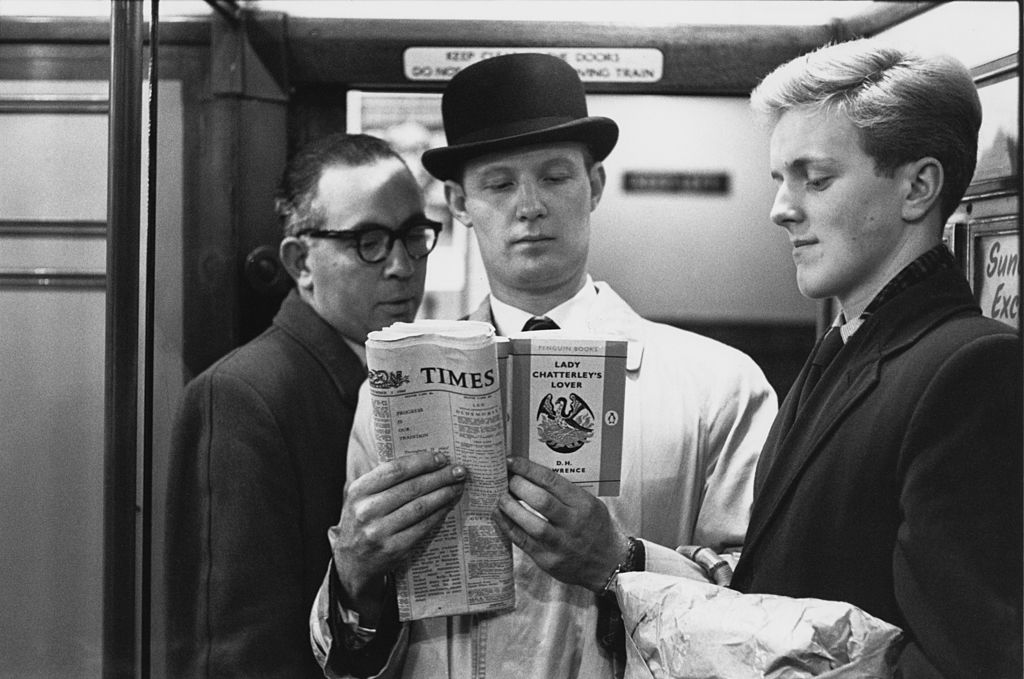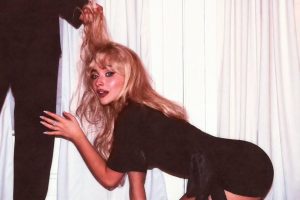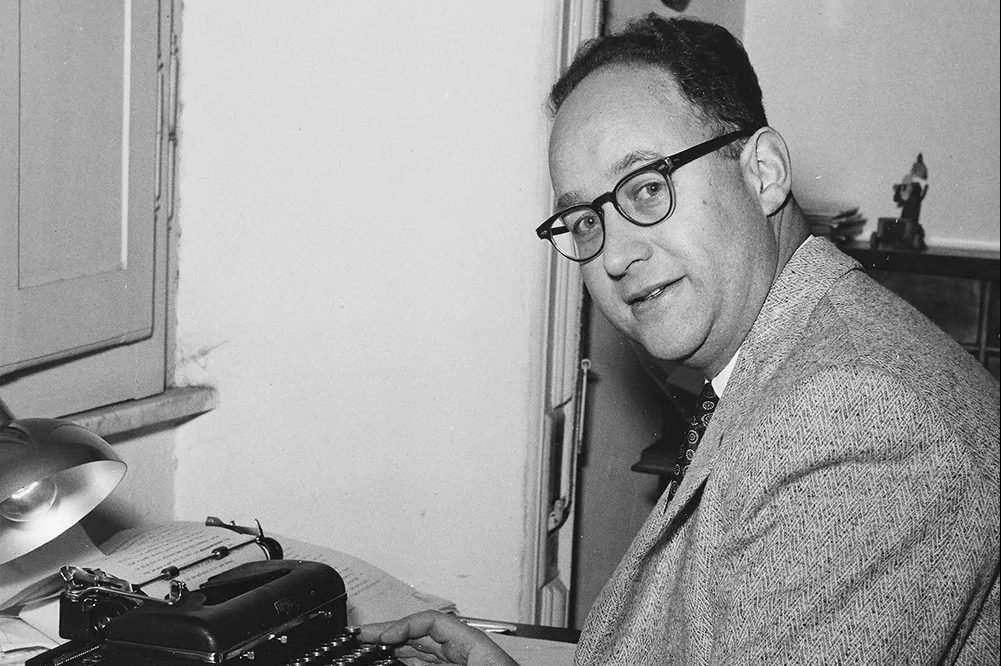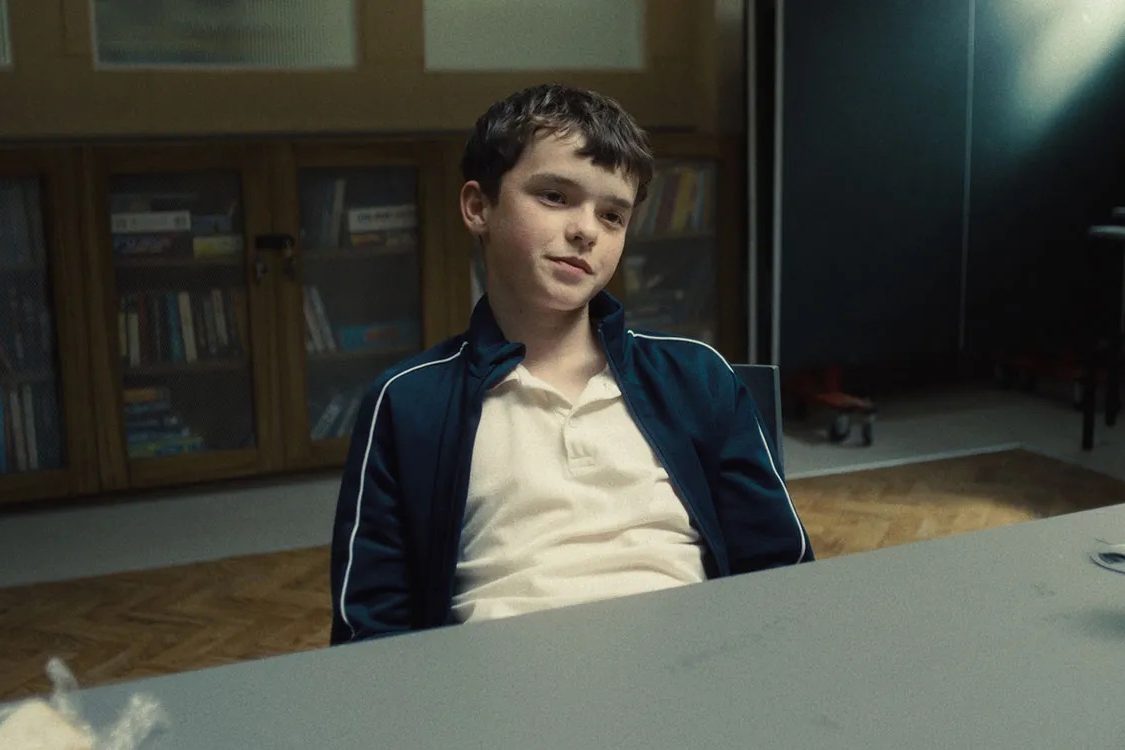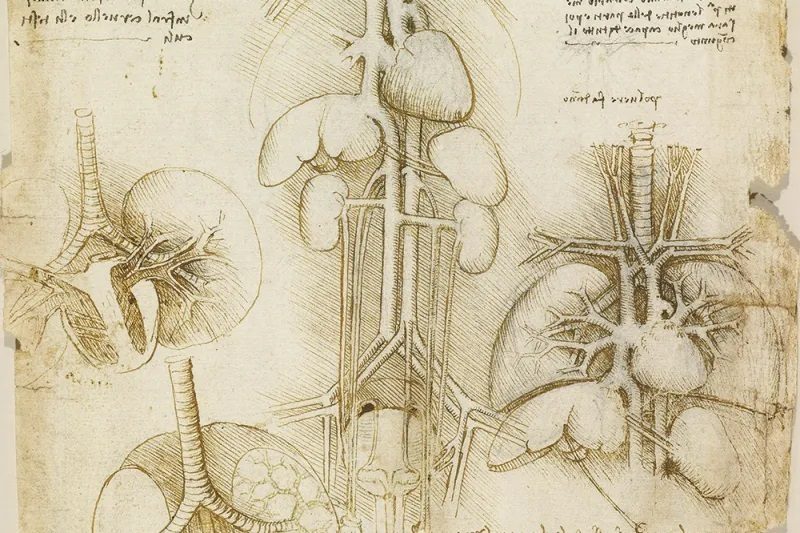A fellow writer recently asked me if I would prefer to be famous as a great writer or famous as a great lover. I said a great writer because, well… that’s what you’re meant to say, isn’t it? My friend chose great lover. Why? “There are lots of great writers,” he explained, “but men who are great in bed are rare. And besides, great writers aren’t sexy anymore.”
I used to think that when male writers — and I mean novelists, critics, journalists — complain about how literature has lost its cultural significance and that no one cares about the printed word anymore, what they really mean is: no one wants to shag me.
And I suspect that they’re right. The era of the Great Literary Sex God is over. There was a time when men who were ugly (Bukowski), men who sweated (David Foster Wallace), and men who were small (Martin Amis) were legendary figures of female desire. As Amis himself once said, “If you’re a poet you can look like Nosferatu and still pull.”
Writers, books and reading were considered sexy — so sexy you found the likes of Mailer and Bellow in between the pages and boobs of Playboy magazine. I don’t know about America, but nobody in London sleeps with writers anymore. Hell, even documentary makers do better than literary novelists.
It wasn’t always like that. That generation of novelists, writers and critics in the late 1970s — Amis, Clive James, Christopher Hitchens — had sex all the time. Everyone in literary London was shagging everyone else. (Even critics got laid; now they just get laid off.) The young Amis — who resembled the young Jagger — could walk into a party and get pounced on by an adoring woman just like a rock star.
In the 1980s Jay McInerney and the Literary Brat Pack, as they were dubbed, made writers sexy again for a short period. I’d say the last time anyone envied a writer for his pulling power was when Rushdie married Padma Lakshmi in 2004.
But are women like Padma attracted by a writer’s prose or the power of his celebrity? How do you explain the attraction of the ex-model Analia Hounie to the philosopher Slavoj Žižek — reader, she actually married him! I guess it’s a bit of both.
When I was growing up in the mid-1970s, books were an essential tool in a young man’s armory of seduction. Just as one was careful about the choice of clothes when going out on a date, so he was careful about the paperback chosen to be seen casually sticking out of the back of his jeans or jacket pocket.
Choosing the right book was complicated. Sylvia Plath was too obvious a ploy, Doris Lessing could be too obscure, but Iris Murdoch was always a good bet, as was Sontag’s Against Interpretation. And talking intelligently about books was also crucial.
Books are no longer part of the ritual of wooing because nobody cares what you’re reading. And nobody conspicuously displays what they’re reading anymore — except me. The arrival of the Kindle in 2007 was a bad day for books because it privatized reading.
I always make sure I have a good book with me when taking public transport or airplanes. I want to show women — and men — that I’m intelligent, cultured, a good conversationalist — someone they might want to sit next to. But it never happens. People on public transport aren’t interested in what you are reading because a) they’re looking at their phones and b) books no longer tell a story about you.
This is a great shame. What is the point of being well-read if no one is interested in what you’ve read? I’ve had lovers in my bedroom who have never given my bookshelves a casual glance. How can they know anything about me? You are what you read — or have read.
Jonathan Franzen once wrote, “there’s nothing sexier than a reader,” and I know what he means. I once saw a very pale, Nico-like blonde dressed in black with black shades on a number 19 bus reading Heidegger — and in German too! It was love at first sight. I sat next to her and whipped out my copy of Chris Kraus’s I Love Dick, and was she impressed or interested? Nope.
Still I persevered. “I heard a funny story about Heidegger the other day.” I thought she might at least smile at this — after all, it was an original chat-up line, but she showed no sign of interest. I went on, “Did you know,” I asked, “that Leo Strauss once tried to pick up Hannah Arendt in the Prussian State Library and she said to him, ‘No thanks. I’m fucking Heidegger!’”
OK, she probably didn’t use those exact words, but I thought it was a kind of cute and funny anecdote, but my blonde was not amused. “Go away,” she said, and I did. Oh well, I guess you can’t judge a person by the cover of the book they’re reading.
This article was originally published in The Spectator’s April 2023 World edition.



